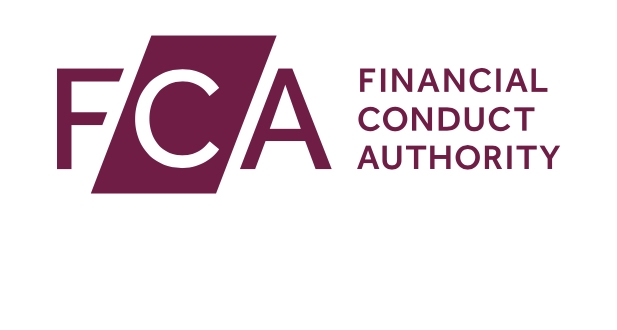The FCA has promised to reduce the FSCA levy from 2025 by 10% a year - but only if it can reduce the number of consumers being harmed by rogue financial services companies.
In a sweeping new strategy outlined today, the regulator says it has made curtailing the soaring FSCS levy a priority but protecting consumers must come first before this can happen.
If the FCA is successful in lowering consumer harm generally it believes the FSCS levy can be cut by 10% a year from 2025 to 2030.
In its new strategy the FCA says by 2025, it plans to:
- “Stabilise” the £833m compensation bill for the Financial Services Compensation Scheme, and target a 10% year-on-year reduction in the Life Distribution and Investment Intermediation (LDII) funding classes from 2025 to 2030.
- Cut the money consumers lose to investment scams perpetrated or facilitated by regulated firms. Consumers lost nearly £570m to investment fraud in 2020/21 – three times the amount seen in 2018.
- Reduce by 20% the number of consumers who could benefit from investment earnings but are missing out. Nearly 8.6m consumers hold more than £10,000 each in cash accounts which pay low or no interest.
- Halve the number of consumers who are investing in higher risk products not aligned to their needs. Some 6% of consumers increased their holdings of higher risk investments during the pandemic, with 45% of self-directed investors saying they did not realise the risks.
The FCA says the consumer investments market accounts for £1.6 trillion held or invested by consumers through more than 6,000 wealth managers, advisers and investment platforms. While most of this market meets consumers’ needs, it says there are some areas where harm is occurring.
It says its new strategy is aimed at giving consumers the confidence to invest, supported by a “high-quality, affordable advice market”, which should lead, according to the FCA, to fewer people being scammed or persuaded to invest in products too risky for their needs.
To help achieve its aims the FCA has outlined a package of measures including:
- Exploring regulatory changes to make it easier for firms to provide more help to consumers who want to invest in relatively straightforward products
- Launching a new £11m investment harm campaign promoted by high profile individuals to help consumers make better-informed investment decisions and to reduce the number investing in “inappropriate” high-risk investments
- Being more "assertive and agile" in how the FCA detects, disrupts and takes action against scammers
- Strengthening the Appointed Representatives (AR) regime to raise the quality of financial advice
- Strengthening the financial promotions regime in key areas including the classification of high-risk investments and segmenting the high-risk market and strengthening the requirements on firms when they approve financial promotions
- Reviewing the compensation framework to ensure that it remains "proportionate and appropriate", particularly where firms fail leaving behind compensation liabilities for the FSCS to address. This will reduce the cost and impact of poor advice, the FCA says
Sarah Pritchard, executive director of markets at the FCA, said: “We want to give consumers greater confidence to invest and to help them do so safely, understanding the level of risk.
“The package of measures we have announced today is intended to support that – we want people to have greater confidence to invest. We also want to be able to adapt more rapidly to the changing market and be assertive where we see poor conduct and consumer harm.”
The FCA says it has already taken action to improve the market by banning the mass-marketing of speculative mini-bonds and by being more assertive through its ongoing work to stop and disrupt firms and activities causing harm.
The FCA’s Consumer Investments Data Review, published alongside the strategy, shows that between 1 April 2020 and 31 March 2021, the FCA’s work to tackle harm, included:
- Stopping 48 new firms from entering the market where the FCA identified potential for consumer harm (representing 1 in 5 applications)
- Opening over 1,700 supervisory cases involving scams or higher risk investments
- Publishing over 1,300 consumer alerts about unauthorised firms and individuals
The FCA set out the focus of its role and the changes that will be made to meet current and future challenges in its Business Plan 2021/22. In early 2022, the FCA says it will publish wholesale and retail strategies to set out the ambitions for these markets.
Key Documents:
- Consumer investments: strategy and feedback statement
- The strategy has been informed by responses to the FCA’s Call for Input on the Consumer Investments Market
- Consumer investments data review 2021
- Consumer investments data review 2020

